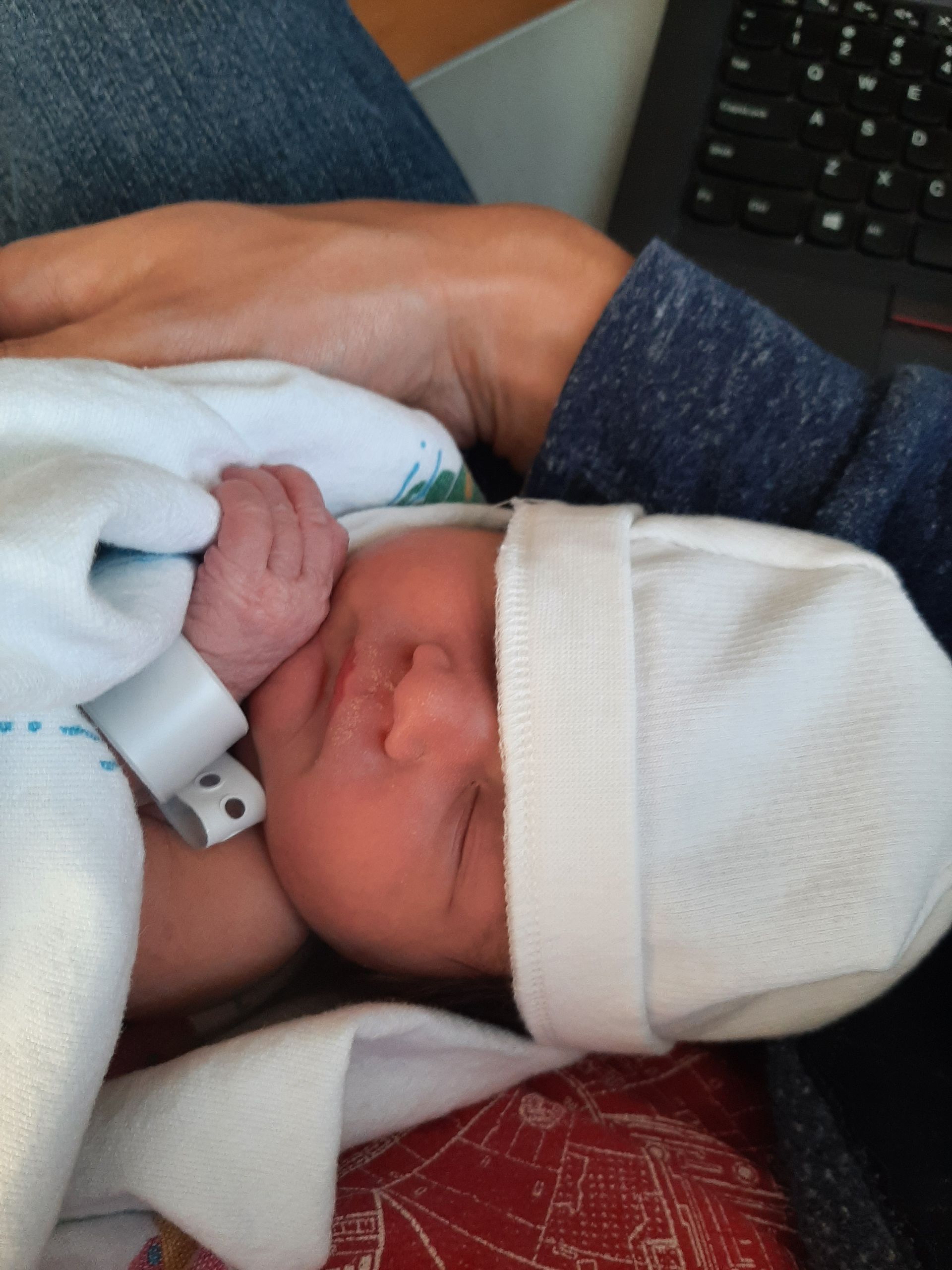What Does A Doula Do?
Donna Zubrod, is a Certified Doula, Fertility Educator at Reply, and a multi-faceted health professional committed to educating and empowering women at all stages of life.
“What does a doula do?” is a commonly asked question. Read more to learn what doulas do and don’t do, the benefits of working with a doula as supported by evidence-based research, where you can get additional information about doulas, how to find a doula that meets your needs, and how to work with a doula given the current COVID-19 restrictions.
What Is A Doula?
The word Doula originates from ancient Greek and means “someone who serves.” A birth doula is a companion who supports a birthing person and couple during pregnancy, labor, and birth. Doulas are trained to provide continuous, one-on-one care, as well as evidence-based information, physical support, and emotional support to birthing persons and their partners. There are also postpartum doulas who are trained in assisting families during the immediate months after birth, known as the 4th trimester.
What Do Birth Doulas Do?
A birth doula nurtures and supports a birthing person and their partner throughout labor and birth, providing continuous labor support to the birthing person, no matter what decisions they make or how they give birth. A birth doula’s role and agenda are tied solely to the birthing person’s agenda, and their responsibility is to the birthing person—not to a hospital administrator, nurse, midwife, or physician.
It is worth noting that many doulas provide support during pregnancy to help the birthing couple prepare for their birthing time. Additional services vary and are delivered in a variety of ways depending on the training of each birth doula. For example, some doulas may offer childbirth education, prenatal massage and bodywork, or relaxation therapy. Pregnancy is an important time for the birthing couple to build connection with the person who will be supporting you at your birthing time. Through that process you are able to review additional services that some doulas provide in addition to labor support and determine if those add-ons are something that is relevant for you.
What a birth doula offers in terms of birth support can be summarized into 4 areas, each designed to provide comfort, confidence, and empowerment:
Informational
- Helping the couple find/offer evidence-based information about different options in childbirth
- Helping explain medical procedures before or as they occur
- Keeping birthing person and partner informed about what is going on during their birthing time
- Suggesting techniques, such as breathing, relaxation, movement, and positioning
- Helping the partner understand what’s going on during labor (for example, interpreting the different sounds the birthing person makes)
Emotional
- Helping the birthing person to feel cared for, and to feel a sense of pride and empowerment before, during and after birth
- Continuous presence
- Reassurance, Encouragement, Praise
- Helping the birthing person see themselves or their situation more positively
- Helping the birthing person and partner work through fears and self-doubt
- Debriefing after the birth—listening to the mother with empathy
Physical
- Soothing with touch through massage, counter pressure
- Assisting with positioning for comfort and labor effectiveness
- Helping to create a calm environment, like dimming lights and arranging curtains, music, aromatherapy
- Assisting with hydrotherapy (shower, tub)
- Applying warmth or cold
Advocacy
Often, we think of the word advocacy to mean speaking on behalf of someone, but in the doula world, advocacy means helping the birthing person and couple to find their voice. It means supporting the birthing person in their right to make decisions about their own body and baby. This can take many forms. Some examples of advocacy that doulas have described include:
- Encouraging the birthing person or their partner to ask questions and verbalize preferences
- Asking the birthing person what they want and supporting their decision
- Teaching the birthing person and partner positive communication techniques
- Creating space and time for the birthing family so that they can ask questions, gather evidence-based information, and make decisions without feeling pressured
- Facilitating communication between the birthing couple and care providers
What Does A Birth Doula Not Do?
- Doulas are NOT medical professionals.
- They do not perform clinical tasks such as vaginal exams or fetal heart monitoring and they do not “catch” the baby
- They do not give medical advice or diagnose conditions
- They do not make decisions for the client (medical or otherwise)
- They do not pressure the birthing person into certain choices just because that’s what the doula prefers
- They do not take over the role of the partner – instead they facilitate the couple to work effectively together
What Training Do Doulas Have?
Doulas don’t need to be certified, but many are. The largest and best-known certification program is provided by DONA International. DONA-approved workshops provide a minimum of 16 hours of instruction time, with an emphasis on practical hands-on techniques, the history of birth, benefits of doula support and the significance of doula support for families.
What Is The Evidence On Doulas?
Can the benefit of having a birth doula be measured? What does the research say?
It is important to note that in our culture’s current conventional care model, most births are in hospitals, where a continuous labor support person is not provided. Of course, there are nurses, midwives, and physicians present, but these professionals are not in the birthing room 100% of the time. Doulas however, provide continuous and knowledgeable labor support.
Various research studies have been published around continuous support during labor and the evidence suggests that if a birthing person receives continuous labor support, both mothers and babies are statistically more likely to have better outcomes. To learn more visit https://evidencebasedbirth.com/the-evidence-for-doulas/.
To summarize the research findings, those who received continuous labor support:
- Were more likely to have spontaneous vaginal births
- Were less likely to have any pain medication, epidurals, negative feelings about childbirth, vacuum or forceps-assisted births, and Cesarean sections
- In addition, their labors were shorter by about 40 minutes and their babies were less likely to have low Apgar scores at birth
- There is no evidence for negative consequences to continuous labor support
My Partner Will Be With Me Continuously During Labor. Do I Still Need A Doula?
Some people think that they do not need a doula because their partner will be with them continuously throughout labor.It is true that the birth partner is an essential support person for a birthing person to have by their side. However, the birth partner will need to eat and use the bathroom at times, and they are having their own emotional journey that requires support.
Also, many partners have limited knowledge about birth, medical procedures, or what goes on in a hospital, while doulas have knowledge and experience about all of these things that they can use to inform and support both the partner and birthing person. Ideally, doulas and partners can work together to make up a labor support team.
What Does The Research Say About Doulas Working Alongside Partners?
A landmark study in 2008 evaluated the effects of doulas and partners working together and researchers found:
Specifically, reduction in C section rates for first time mothers, even in cases where labor was medically induced.
Also, fewer birthing people required epidural pain management
Specifically, reduction in C section rates for first time mothers, even in cases where labor was medically induced.
Also, fewer birthing people required epidural pain management
Given The Current Covid-19 Restrictions At Our Local Hospitals, It May Be That Only One Support Person Is Allowed. How Can I Have Both My Partner And My Doula Present At My Birth?
It’s unfortunate that COVID-19 is causing birthing couples to have to consider this question – partner vs doula? COVID-19 is definitely changing how doulas are offering their services at this time for hospital births. Many doulas are getting creative at how they offer their support and we are seeing many situations where doulas are offering online support during labor.
It is important to keep in mind that most if not all doulas don’t just offer support during the birthing time, but a lot of time is actually spent supporting the birthing couple during pregnancy, prior to going into labor.
Birthing couples often find that time spent with their doula during their pregnancy was very valuable in preparing them mentally, physically and emotionally for their birthing time. When you are interviewing doulas, you should ask them how they can support you during this unprecedented time.
How Do I Find A Doula?
If you’re considering learning more about doulas or hiring one, you may want to interview several doulas with your partner. Below are some resources you may find helpful as well as some questions you may choose to ask prospective doulas.
- What inspired you to enter this field of work?
- What certifications do you hold?
- What additional pregnancy and birth related services do you offer as a doula?
- How long have you been a doula and how many births have you attended?
- What types of births have you attended — home, hospital, birth center?
- How do I get in touch with you when labor begins? Are you always on call? When and where will you join me?
- If you are unavailable when I go into labor, do you have backups?
- What is your philosophy on childbirth? (Make sure your birth preferences are compatible with the doula’s practices and beliefs.)
- What techniques will you use to help me move through labor?
- How long will you stay with me after labor?
- What happens if I need a C-section?
- Do you provide postpartum services? Do you have experience helping nursing mothers?
- What’s your fee and refund policy? What does it cover?
Childbirth Connection also has a great list of questions that you can ask when interviewing doulas.
The website DoulaMatch.net has a great search function for finding birth doulas.
Also, specific birth doula certifying organizations may list their birth professionals; for example, doulas who trained with DONA International.
The Bottom Line
A doula’s duty is to provide a continuous source of comfort, encouragement and support (both emotional and physical) during pregnancy and labor. Ultimately, they are support coaches who are there to carry out your vision to the best of their ability, given the circumstances that arise, and help you and your birth partner make it a day to remember. You and your birth partner’s personalities along with your birth preferences will help you ultimately decide if a birth doula is right for you. Research cited above shows that if you’re preparing and planning for an unmedicated natural birth, a doula may just be your best bet.











